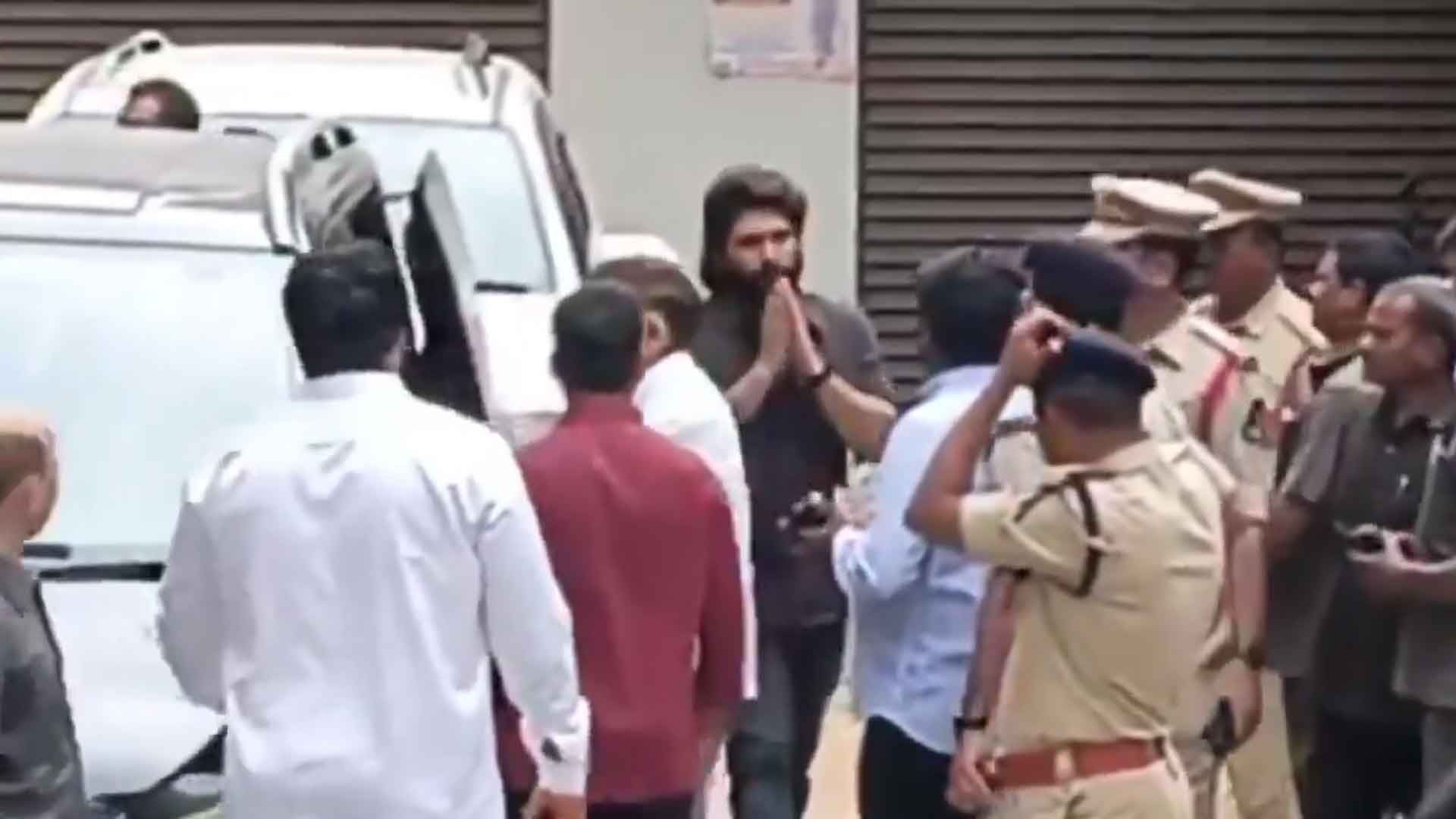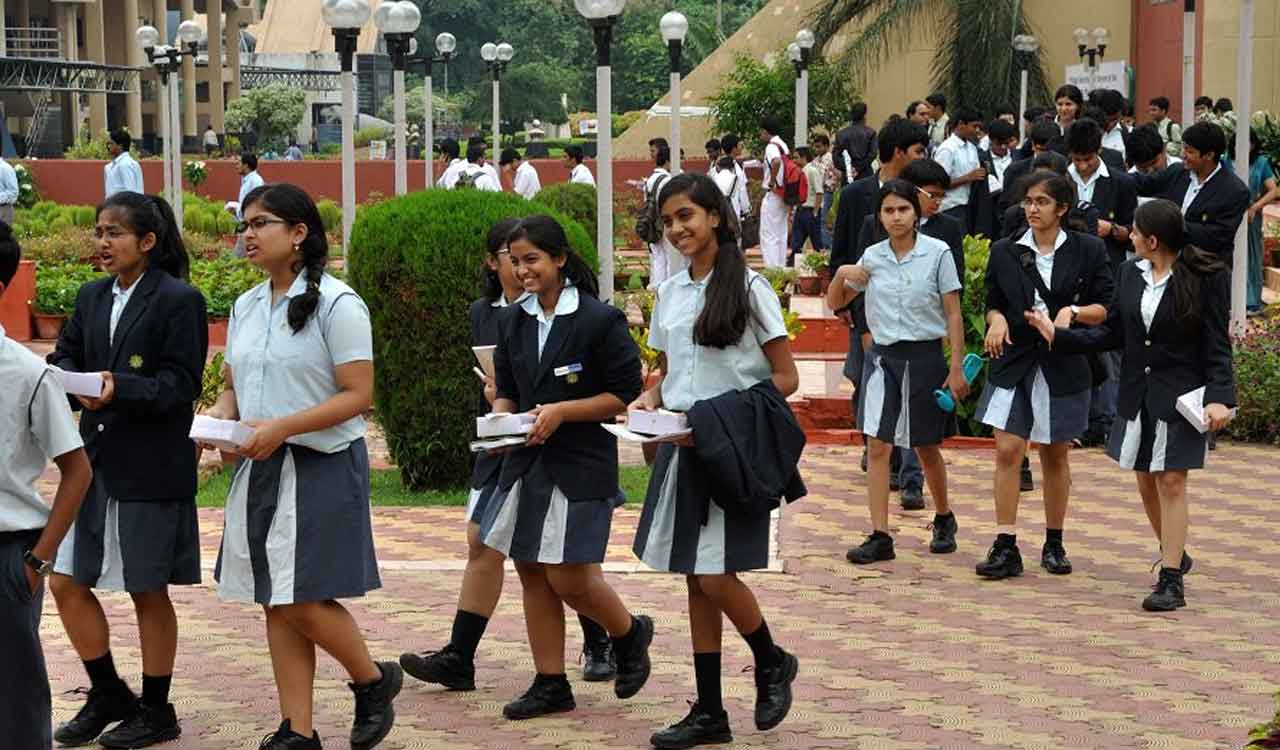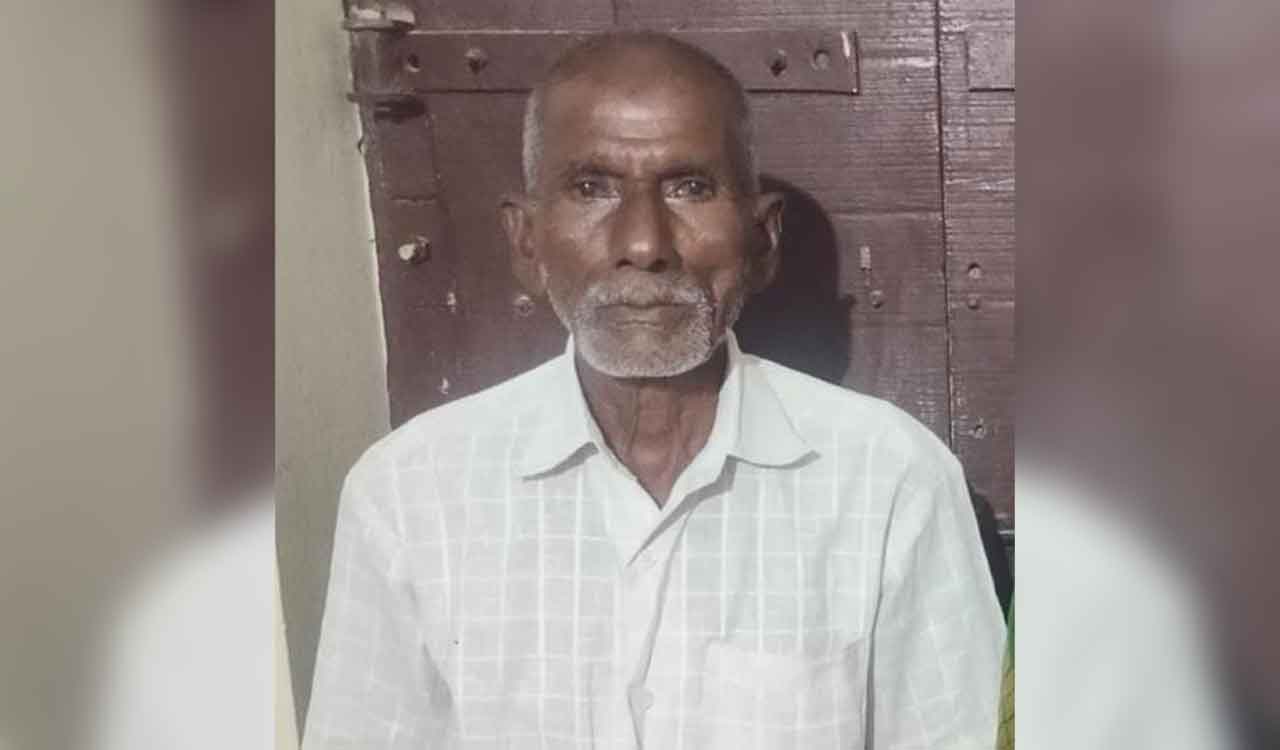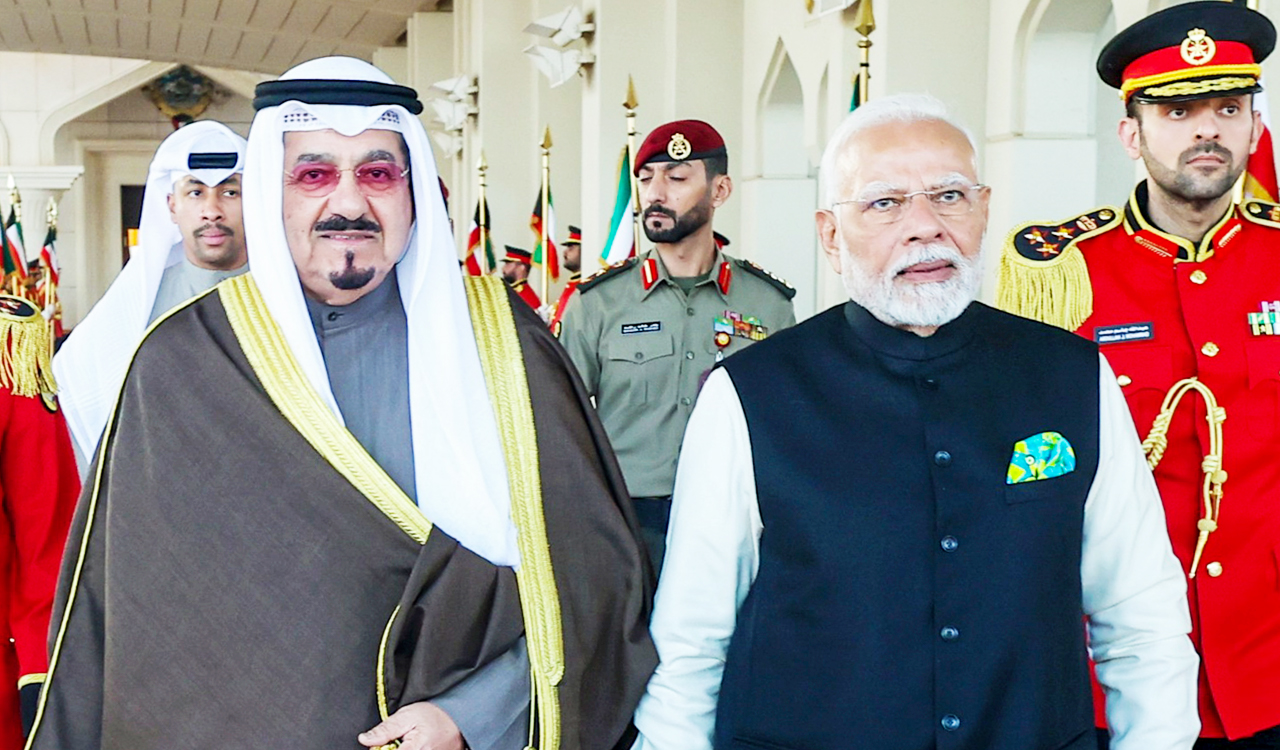The long wait
With permanent members of the UN Security Council putting their own interests above global benefit, the much-needed reforms to address aspirations of developing nations fail to take off
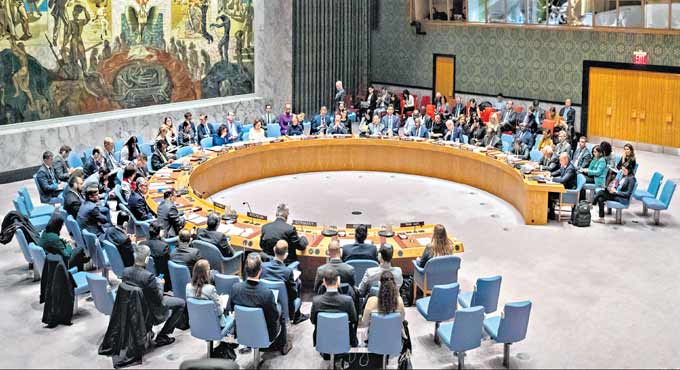
By Major General SB Asthana
With India being part of the United Nations Security Council (UNSC) as a non-permanent member from January 1, 2021, and the UN 75 years of celebration (2020) hangover rolling over, the debate on UNSC reforms continues, with no worthwhile progress, despite the high pitch for reforms by many countries, including India.
The fact that unilateral and multilateral interventions without the UNSC sanction continue to happen; UN hesitancy and delay to declare the coronavirus as a pandemic is seen as arm-twisting by Permanent Five (P5) members; UNSC passing resolution to grant stipend to UN-designated global terrorist thereby diluting global response to the security, are some examples justifying poor credibility of UN/UNSC in the absence of reforms.
It is also a fact that there is no other alternative organisation to the UN, with as much recognition and membership of various countries, having a large number of missions of various kinds to its credit, for various global roles. But the UN needs to be reformed to meet the aspirations of developing countries. Thomas G Weiss, distinguished scholar of international relations and global governance with special expertise in the politics of the United Nations, argues that if the United Nations did not exist, we would have to invent it. So why not use our analytical toolkits to repair it?
Reforms Unavoidable!
The UNSC was composed by victors of the Second World War in 1945 to suit their interests and the UN Charter was designed accordingly, giving to themselves the permanent membership and veto power in the Council. The geopolitical, strategic, economic realities have changed since then, but the UNSC has not reformed itself in tune with these new global realities. With global economic and population fulcrum shifting to Indo-Pacific, inadequate Asian, African and Latin American representation are pushing the UN to irrelevance.
The need for the UNSC reforms has been emphasised by most of the UN Secretary-Generals during their tenures. Antonio Guterres said, “the Security Council we have now does not correspond to today’s world. I have encouraged member states to have a serious dialogue on this. I want to continue this dialogue at the UN General Assembly, but the permanent members do not agree”. This shows the helplessness of the UN in dealing with P5 on the matter.
Prime Minister Narendra Modi in his address on the 75th anniversary of the UN had urged that “reform in the responses, in the processes, and in the very character of the UN is the need of the hour”. Many other countries have expressed similar sentiments in the last three decades.
Why Reforms
The UNSC in its current form is not representative of the developing world and global needs, with the primacy of policy being a political tool in the hands of P5. By 1992, India, Brazil, Germany, and Japan (G4) had staked their claims for inclusion as permanent members. India has been part of the UN since inception, has the world’s second-largest population, is the world’s largest democracy and has contributed maximum peacekeepers to the UN so far. Brazil is the largest country in Latin America (unrepresented continent) and fifth largest in the world. Japan and Germany are one of the largest financial donors to the UN.
Besides the G4 countries, South Africa (largest economy in the African continent) is also a claimant, as the continent remains unrepresented on the high table of permanent members. The pitch for reforms by G4 was lowered by their regional rivals like Italy, Pakistan, Mexico and Egypt, which started formulation of another interest group, known to be “Uniting for Consensus”, opposing G4 becoming permanent members with veto power. The efforts for expansion of the UNSC and reforms were also made in the form of The General Assembly Task Force on Security Council Reform and 2005 Kofi Annan’s Plan to expand to 24-member UNSC, with various combinations for equitable representation, but none of the initiatives has worked so far.
Reforms in the UNSC requires an amendment to the UN charter, in accordance with Article 108, which highlights that any reform of the Security Council not only requires the support of at least two-thirds of the UN member states but also all the permanent members of the UN Security Council must agree to that, as they have veto powers. The stance of P5 on expansion has been varying as per their national interest, like most P5 members agree to Indian inclusion, except China.
Bone of Contention
Reforms to improve the effectiveness and responsiveness of the UN to international challenges are meaningless without the reform of the UNSC veto power with P5, which enables any one of them to prevent the adoption of any “substantive” draft Council resolution, regardless of its level of international support. There have been many proposals since inception from totally abolishing veto power to selectively using it for vital national security issues and requiring agreement from multiple states before exercising the veto, thereby adopting the principle of consensus. Articles 108 and 109 of the UN Charter grant the P5 members veto over any amendments to the Charter, requiring them to approve any modifications to the UNSC veto power that they themselves hold. So even if one member of P5 doesn’t agree, the UNSC cannot go ahead.
It has been seen in past that the UNSC could not arrive at a consensus on some of the major global security issues and interventions happened by countries, mainly from P5 without UNSC resolution. The US entry in Iraq war or Warsaw Pact and the war in Afghanistan are a few cases in point. Holding veto power by any P5 member, therefore, doesn’t guarantee that a resolution, howsoever important, will get through in its favour, but it certainly guarantees that no resolution against its interest will go through in the UNSC. The G4 members have sometimes agreed to become permanent members without veto power, but it will mean little.
Since the P5 countries in the UNSC are a divided house, the veto power is the biggest obstacle in getting through any resolution meant even for global benefit, if it happens to be against the national interest of any one of the P5 members or their allies/partners. The UNSC has thus become an organisation which can pass strong resolutions only against weak countries, weak resolutions against strong countries and no resolution against P5 countries. Its implementation also follows the same pattern.
To address a security crisis, breach of peace or act of aggression, wherein the use of armed force is necessary to maintain or restore international peace and security, if the P5 members fail to reach unanimity, the UNGA can consider making appropriate recommendations (with a two-thirds majority) to members for collective measures, as per UNGA resolution 377 (Uniting for Peace). However, these provisions have sparingly been used fearing possible backlash from P5.
New UNSC
An expansion of the UNSC from the existing five to 10 permanent members, with the addition of G4 and South Africa, will provide equitable regional representation besides balancing developing and developed world. These ten countries account for nine out of ten largest economies and eight out of ten largest defence budgets. The rotational election of non-permanent members, which was increased from six to 10 in 1965, could continue on regional representational basis.
Under the given charter, articles and structures, there is little hope for reforms in the near future unless the lack of reforms can push the credibility crisis of the UN to a degree that it becomes unsustainable for the UN to function, or incidences of sidelining the UN increase manifold. Former UN Secretary-General Kofi Annan (2015) aptly said: “If the UN Security Council does not appoint new permanent members then its primacy may be challenged by some of the new emerging countries.”
There is also a possibility that if the UN doesn’t reform itself, it may lose relevance and alternative global and regional groupings may assume greater importance with issue-based consensus in like-minded groupings for unilateral/multilateral actions. More global pressure from middle powers like G4 may force an expansion of the UNSC as a possibility, but the abolition of veto power in the current set up is unlikely, as it makes P5 powerful to an extent that the threat of using veto sometimes forces a change in the drafting of resolution, even if it’s not in the best interest of humanity. No P5 member is likely to compromise this power in its own national interest, which is generally prioritised before global interest, thus making the reformation process a mirage.
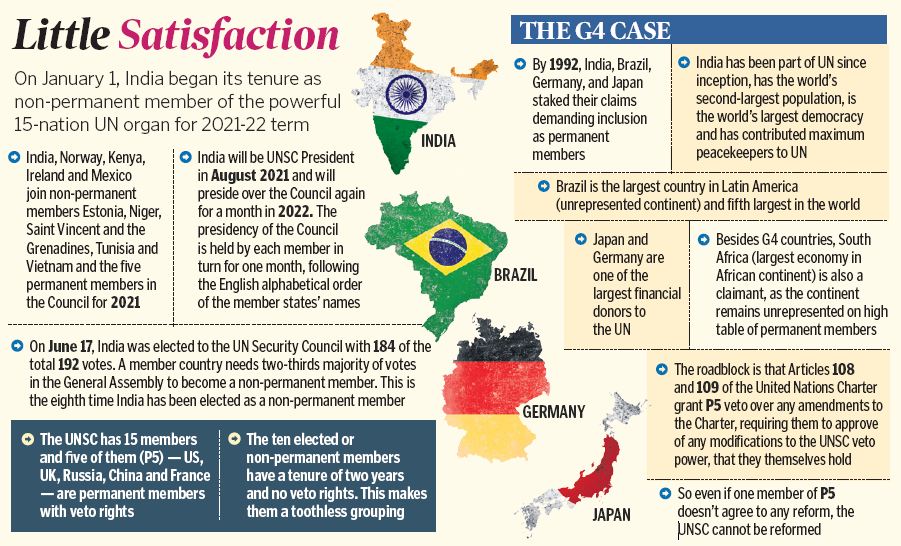
(The author is a strategic and security analyst, a veteran Infantry General with 40 years of experience in national and international fields and UN)
Now you can get handpicked stories from Telangana Today on Telegram everyday. Click the link to subscribe.
Click to follow Telangana Today Facebook page and Twitter .
Related News
-
Cartoon Today on December 25, 2024
3 hours ago -
Former Home Secretary Ajay Kumar Bhalla appointed Manipur Governor, Kerala Governor shifted to Bihar
4 hours ago -
Opinion: The China factor in India-Nepal relations
4 hours ago -
Telangana HC suspends orders against KCR and Harish Rao
5 hours ago -
Kohli and Smith will be dangerous and hungry: Shastri
5 hours ago -
Sharvari shares her TBR list of romantic book titles, suggested by fans
6 hours ago -
Khammam Congress gaffe: Union Home Minister Amit Shah made ‘Defense Minister’
6 hours ago -
Couple held for theft in Hyderabad
6 hours ago

